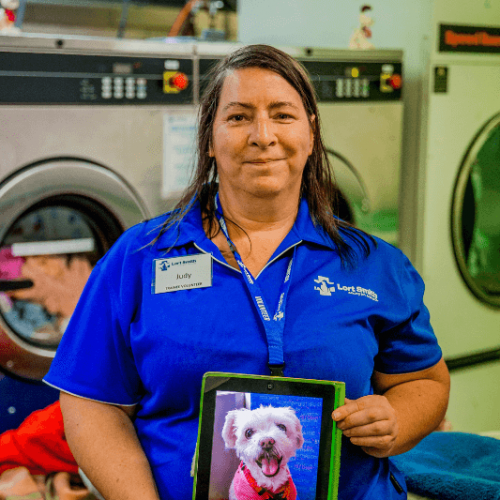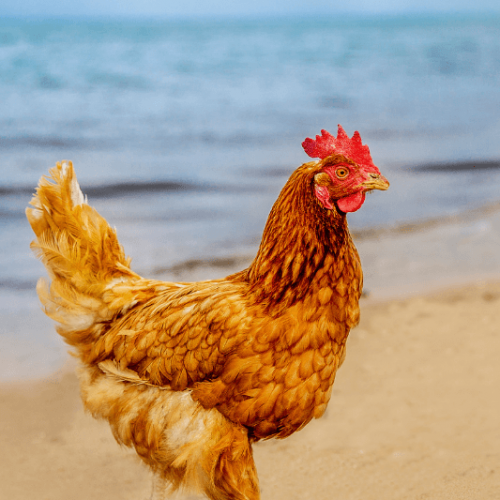Vaccinations are one of the basic requirements for your pet. They help prevent many infectious and potentially life-threatening diseases of cats and dogs, and therefore it is important that the vaccinations are kept up-to-date and current.
Vaccinations must be given at regular intervals to ensure your pet’s immune system is well equipped to be able to fight off any of the infectious diseases for which it has been vaccinated.
We cannot stress enough the importance of your pet having an up-to-date vaccination status, even for a pet that may spend the majority of time indoors. A current vaccination status means that if your pet is suddenly in a situation where they are close to other dogs or cats, they are protected against the most common infectious diseases. These situations often arise unexpectedly, for example, if they are sick and need to visit a vet clinic, if they need to go to a boarding cattery or kennel, or they have an unexpected encounter with other animals outside. Dogs that visit off-lead parks definitely need to be vaccinated.
If your pet is out-of-date with its vaccinations, please let the veterinary team know, and if possible bring any vaccination records you have. Generally, for dog vaccinations, a single booster is enough to provide another year’s protection. For cats, due to the nature of the vaccine, two vaccinations will be required a month apart before your pet is given sufficient protection.
Dogs
For dogs we recommend vaccinating against the core diseases: canine hepatitis, distemper, parvovirus and kennel cough (parainfluenza and bordetella bronchoseptica).
These viruses are highly contagious between dogs and some can be fatal.
A C3 vaccine protects against distemper, hepatitis and parvovirus. A kennel cough vaccine also protects against parainfluenza and bordatella bronchiseptica. Together this combination is known as a C5 vaccine.
We understand there is a general trend to move away from ongoing yearly vaccinations where possible and our vaccination program reflects this, provided there is a suitable vaccine available.
For adult dogs we use a triennial C3 vaccine which protects against distemper, hepatitis and parvovirus for three years. This means that adult dogs having their annual check-up will not always require the full C5 vaccine at each visit. However, they will still require a yearly vaccination for kennel cough.
- Our recommended regime for adult dogs is: C5 for year one, kennel cough each year for years two and three, then another C5 at year four, repeating throughout your dog’s life.
- For puppies we recommend a C3 vaccine at 6–8 weeks of age and a C5 at 10–12 weeks of age. Depending on the puppy’s circumstances, we may recommend a further booster C3 at 14–16 weeks of age.
Cats
Kittens can be vaccinated from eight weeks of age. For cats we recommend vaccinating against feline enteritis, herpesvirus, calicivirus and chlamydophilia. These viruses are highly contagious and some can be fatal. This combination is known as an F4 vaccine. For cats that have access to outdoors or are potentially at risk of getting into cat fights, carers should also consider vaccinating their cats against feline immunodeficiency virus (FIV), which causes a similar condition in cats as HIV does in humans. FIV is not transferrable to humans.
Fees and Payments
Lort Smith provides high-quality affordable animal health care to the whole community. By choosing Lort Smith Animal Hospital you are: providing your pet with expert care; offsetting the cost of vet care to people experiencing hardship; and contributing to the rehabilitation of vulnerable animals.
Please arrive 15 minutes early to allow for parking and checking-in at reception.
For more information – View our fees and payment options
Emergency Consultations (Fees & Payments)
Consulting Fees (Fees & Payments)
Our stories
Countless colourful interactions occur every day at Lort Smith. While our community is incredibly diverse, we share one commonality – a love of our pets, and a deep respect for the human-animal bond.
Enjoy our stories




